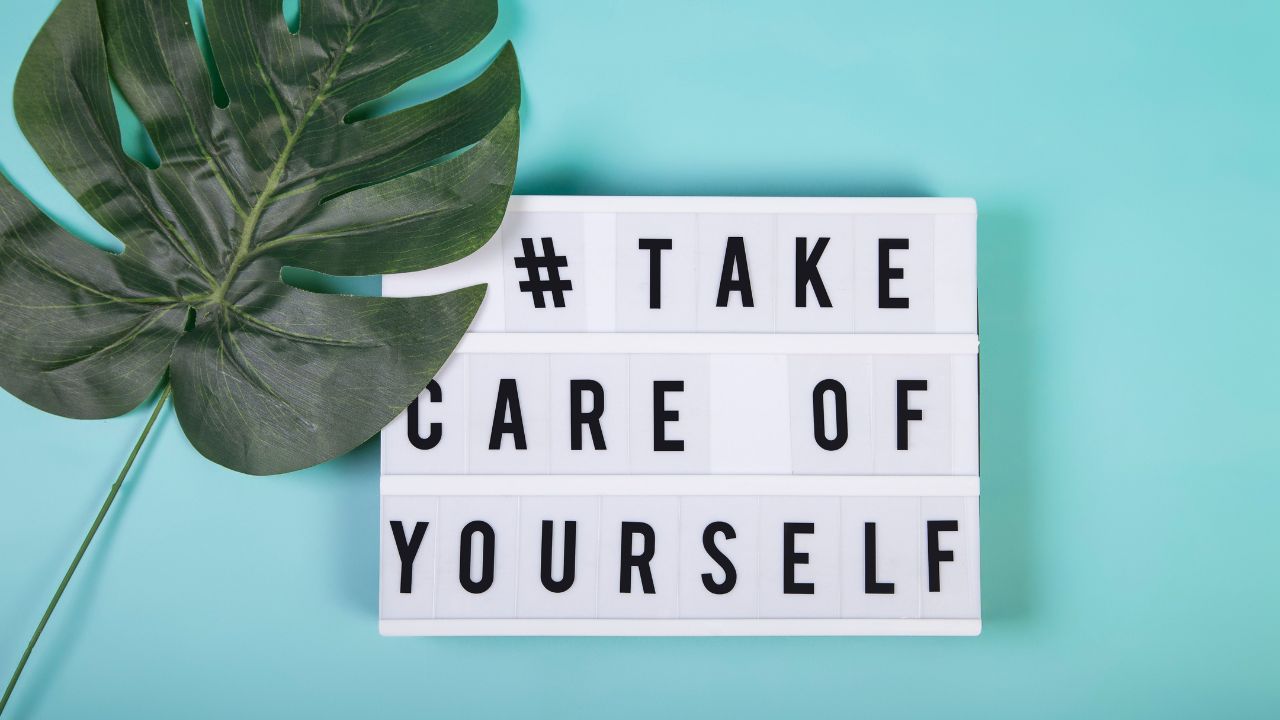Good mental health is not just the absence of illness; it is the presence of balance, resilience, and the ability to enjoy life. In today’s fast-moving world, stress, anxiety, and burnout have become increasingly common. Many people push their mental well-being aside while focusing on careers, finances, or family responsibilities, only to realise later that their emotional health has suffered.
The encouraging news is that improving mental well-being doesn’t always require drastic measures. Just as small, consistent steps can strengthen physical health, daily habits play a powerful role in nurturing the mind. Simple routines, when practised regularly, help reduce stress, build resilience, and boost overall happiness.
I am writing 10 practical habits you can adopt to improve your mental well-being. They don’t require expensive therapy sessions, luxury retreats, or complicated plans, only awareness, commitment, and small adjustments to your everyday life.
Habit 1: Start the Day with Gratitude
Beginning the day with gratitude sets a positive tone. Instead of diving straight into emails or scrolling social media, take a few minutes to reflect on things you are thankful for.
- Keep a journal and jot down 3 things you appreciate daily.
- They can be big (family, health) or small (a warm cup of tea, a smile from a stranger).
- Gratitude shifts focus from what’s lacking to what’s present, boosting optimism and resilience.
Habit 2: Move Your Body
Exercise is not just about physical fitness, it profoundly impacts mental health. Movement releases endorphins, natural mood-lifters, and reduces stress hormones like cortisol.
- A brisk 20-minute walk outdoors can clear the mind.
- Yoga and stretching improve relaxation and body awareness.
- Consistency matters more than intensity. Find an activity you enjoy, dancing, cycling, or even gardening.
Habit 3: Practise Mindfulness
Mindfulness is about being fully present and aware without judgement. It calms the nervous system and reduces anxiety.
- Spend 5–10 minutes focusing on your breath.
- Try mindful eating, savouring textures and flavours instead of rushing.
- Use mindfulness apps or guided meditations to stay consistent.
With regular practice, mindfulness builds emotional resilience and improves focus.
Habit 4: Prioritise Quality Sleep
Sleep is the foundation of mental wellbeing. Poor sleep is linked with depression, irritability, and reduced focus.
- Aim for 7–9 hours nightly.
- Keep a consistent sleep schedule, even on weekends.
- Avoid screens at least 1 hour before bedtime to improve melatonin production.
Creating a bedtime ritual, reading, journaling, or light stretching, signals the body to wind down.
Habit 5: Stay Connected
Human beings are wired for connection. Loneliness and isolation are strongly linked to poor mental health.
- Schedule regular calls or meet-ups with family and friends.
- Join a club, group, or class to meet like-minded people.
- Even short, genuine conversations with colleagues or neighbours can improve mood.
Nurturing relationships provides a support system during difficult times.
Habit 6: Nourish Your Body with Balanced Nutrition
What you eat influences how you feel. Diets high in processed foods, sugar, and unhealthy fats are linked with increased risk of depression and anxiety.
- Prioritise whole foods, fruits, vegetables, whole grains, lean proteins, and healthy fats.
- Stay hydrated; even mild dehydration affects concentration and mood.
- Limit alcohol and caffeine, which can worsen anxiety and disrupt sleep.
Think of food as fuel for both your body and your mind.
Habit 7: Limit Screen Time
Digital overload contributes to stress, poor concentration, and sleep disruption.
- Set device-free times, such as during meals or an hour before bed.
- Use apps that monitor and limit social media scrolling.
- Replace screen time with offline hobbies like reading, cooking, or walking.
Reducing unnecessary screen exposure creates space for more meaningful activities.
Habit 8: Engage in a Creative Outlet
Creative activities provide a sense of achievement and help express emotions.
- Try drawing, writing, music, photography, or crafts.
- Even cooking a new recipe can be creative.
- Perfection doesn’t matter, expression and enjoyment do.
Engaging in creative tasks has been shown to reduce stress and improve mood.
Habit 9: Practise Self-Compassion
Many people are kind to others but harsh on themselves. Self-compassion means treating yourself with the same understanding you’d offer a friend.
- Replace negative self-talk with encouragement.
- Forgive mistakes instead of dwelling on them.
- Recognise that struggles are part of being human.
This habit builds resilience and reduces the impact of stress.
Habit 10: End the Day with Reflection
Ending the day mindfully helps release tension and promotes better sleep.
- Reflect on three positive moments from the day.
- Acknowledge challenges but focus on lessons learned.
- Journaling before bed can clear lingering worries.
This habit prevents carrying stress into the next day and builds a sense of closure.
Additional Tips for Building Mental Wellbeing
- Seek sunlight daily: Vitamin D boosts mood and energy.
- Laugh more: Watch a comedy, share jokes, or spend time with uplifting people.
- Volunteer or help others: Acts of kindness improve self-worth and reduce stress.
- Set boundaries: Learn to say no to avoid burnout.
Frequently Asked Questions
Q: How long does it take to see results from these habits?
Some effects, like mood boosts from exercise, are immediate. Others, like improved sleep or reduced anxiety, may take weeks of consistency.
Q: Do I need professional help if I practise these habits?
Daily habits improve resilience, but if you experience persistent sadness, anxiety, or stress, professional support is essential.
Q: Can children and teenagers adopt these habits?
Yes. Encouraging young people to build positive routines early can support lifelong mental wellbeing.
Mental well-being is built in small, daily choices. Simple habits, moving your body, sleeping well, practising gratitude, limiting screen time, or connecting with others, may seem minor individually, but collectively create a profound impact.
These practices do not eliminate life’s challenges, but they make us better equipped to handle them. They nurture resilience, boost happiness, and help us live with more presence and purpose.
Start with one or two habits. As they become part of your routine, add more. Over time, you’ll find yourself calmer, more balanced, and better able to enjoy both ordinary moments and extraordinary ones.








Leave a Comment